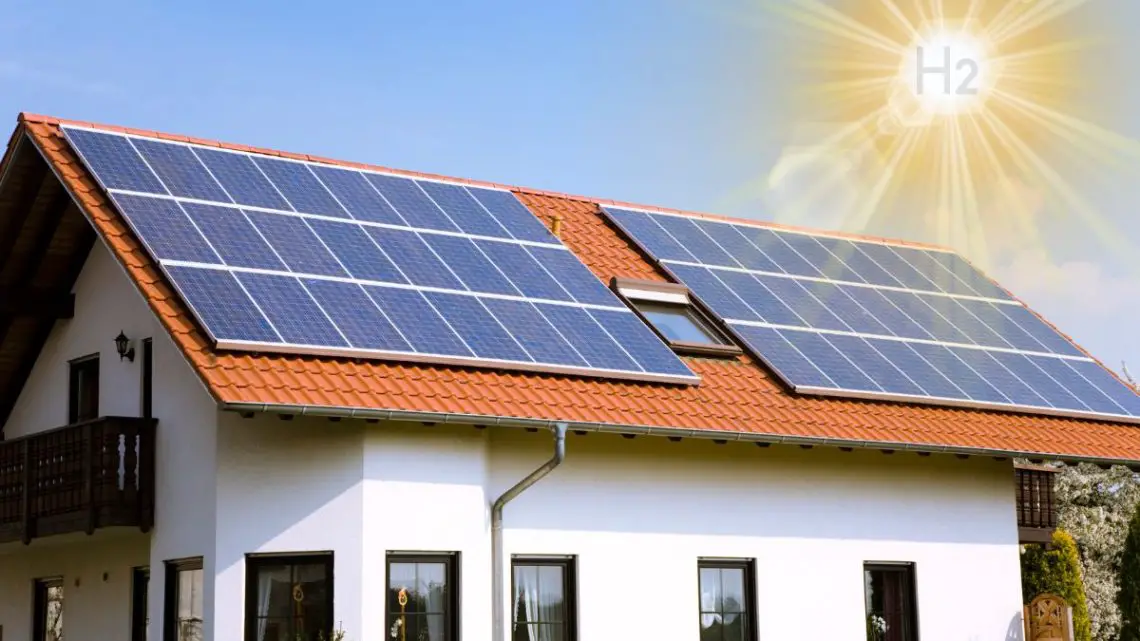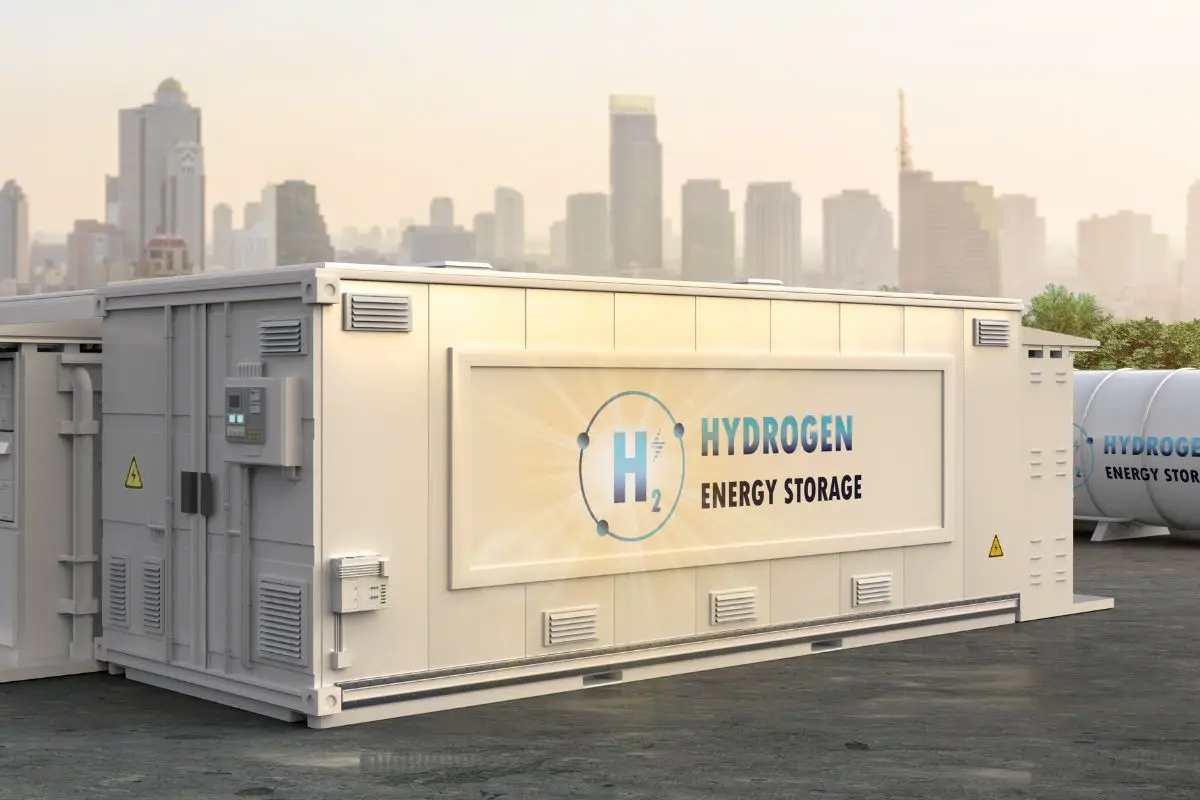
New CuraScientific hydrogen fuel cell residential tech to roll out in 2025
April 3, 2024The company has a target revenue of $200 million for these H2 solar batteries.
CuraScientific Corp. has recently announced that Sustainable Energy Group Inc., a wholly owned subsidiary, is working on a low-cost hydrogen fuel cell intended to function as residential solar batteries.
Sustainable Energy Group has been focused on solar energy for over 2 decades
The new hydrogen fuel cell solar battery is aligned to change the way solar systems work in residential markets. This technology is being designed to provide solar panels with a kind of battery in which excess energy obtained from the sun during the daytime can be stored and made available at night or during other periods of low light depending on weather conditions.
The technology brings H2 fuel cells together with battery storage, offering residential customers a cost-effective and reliable way to transition away from dependency on a carbon emitting grid.
The hydrogen fuel cell overcomes limitations to solar energy
Among the primary challenges in the use of residential solar panels is that they only function during the daytime, function at their best when it is very sunny, and don’t generate any electricity at night. Therefore, they are unreliable as an exclusive source of power since peak generation doesn’t necessarily align with the power needs of the consumer.

The Sustainable Energy Group’s H2-based energy storage product “will play a crucial role” in the ability for residential solar markets to achieve a more reliable and cost-effective transition to clean energy, said CuraScientific Chair Brian Gardner, who is also the President of Sustainable Energy Group.
Reducing annual energy costs
Gardner pointed to a number of studies to support his claims about the hydrogen fuel cell. This was particularly true when it came to cost reduction, as he cited Stanford University research that supported the technology’s efficacy in this light – so to speak.
The research indicated that using solar power and the H2 battery would help to reduce energy costs by about 61 percent per year. Furthermore, it also reduces fossil fuel powered grid dependence by an additional 38 percent. On top of that, there is an 11.3 percent energy demand reduction due to the elimination of its need for mining, transporting, and refining fossil fuels or uranium.
Closing Thoughts
 This hydrogen fuel cell solar battery technology has potential to offer a practical and affordable solution over the long term for residential customers with rooftop photovoltaic panels.
This hydrogen fuel cell solar battery technology has potential to offer a practical and affordable solution over the long term for residential customers with rooftop photovoltaic panels.
Ready to test your knowledge on the most abundant element in the universe? Take our fun and engaging Hydrogen Quiz now!



 HFN News is your leading source for fresh hydrogen and renewable energy updates. Amid the fast-paced growth of hydrogen companies, we provide top-notch news and insights about this exciting sector. Our coverage spans from hydrogen cars to global sustainable initiatives, and we highlight the latest in green jobs and developing hydrogen hubs. We invite you to share your local hydrogen news and explore today’s renewable energy job listings on our site. Thanks for choosing HFN News as your trusted guide to the hydrogen and renewable energy world!
HFN News is your leading source for fresh hydrogen and renewable energy updates. Amid the fast-paced growth of hydrogen companies, we provide top-notch news and insights about this exciting sector. Our coverage spans from hydrogen cars to global sustainable initiatives, and we highlight the latest in green jobs and developing hydrogen hubs. We invite you to share your local hydrogen news and explore today’s renewable energy job listings on our site. Thanks for choosing HFN News as your trusted guide to the hydrogen and renewable energy world!

turning solar panels electricity to hydrogen, storing it and using fuel cells to turn it back into electricity is nothing new.
The article has no details at all indicating any kind of breakthrough.
What would be new is if a system could come anywhere close to battery storage round trip efficiencies.
As usual, no mention of round trip efficiency or system cost comparison, so should we assume that it is still miserably bad compared to batteries? At every step?
But hey, we only need about 6 major breakthroughs to make this viable! and we have been working on this for several decades!
Burning money and wasting energy.
“Solar Battery”? Compressed h2 storage for year round over the seasons use or some other short term use?
The system includes a solar-powered electrolyzer? This would produce H2 that could also be used for an H2 vehicle.
Make available “pipe” trailers. Using existing utility trailers to mobilize high pressure (10,000 psi) tanks. Primarily for long h2 auto trips but with multi use applications.